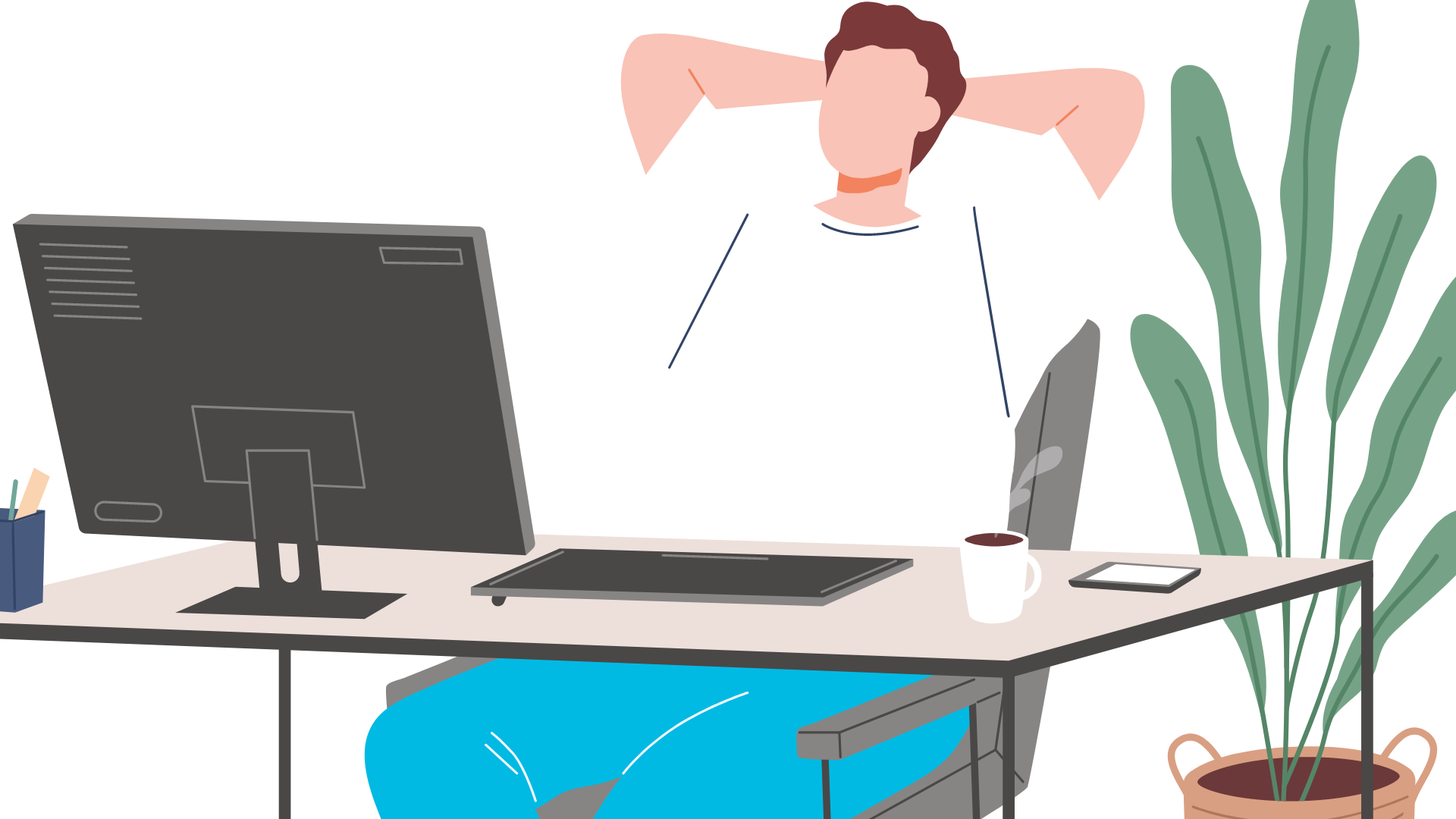Killing It At Work
Soft skilling for the future
By Tammy Sofranic

Did you know soft skill-focused jobs will account for two-thirds of all jobs by 2030?
Yep - you read that right! Although a lot about the future is uncertain now, we know that the demand for soft skills is predicted to grow. For example, studies in Australia show that 63% of businesses reported that young people coming into work lack essential soft skills.
So, if you want to stand out in the job market, get working on your soft skills. To keep up with our ever-changing professional environment, keep reading all about the soft skills that will help you flourish in any job.
SOFT SKILLS FOR THE FUTURE:
EMPATHY
We learn empathy as we grow up in our daily interactions and connections with others. However, if you think or feel the need to improve this ability, you can start by looking for signs others are experiencing an emotion. These can include facial expressions, postures, sighs, tone of voice, the content of what they say and their apparent situation. Respond to their reactions and try to create a safe space. Additionally, you can always read books or take formal training.
EMOTIONAL INTELLIGENCE (EQ)
"Emotional intelligence is the ability to identify, assess, and control the emotions of oneself, of others, and of groups."
- Daniel Goleman
You can further develop your EQ with the following six step method by Tony Robbins, a world-known and celebrated coach, author and speaker:
- Identify what you're really feeling
- Acknowledge and appreciate your emotions
- Get curious about the message this emotion offers
- Get confident
- Feel certain that you can face the future
- Get excited and take action
If you're keen to dive deeper into these six steps, click here.
INTEGRITY
"The greatness of a man is not in how much wealth he acquires, but in his integrity and his ability to affect those around him positively."
- Bob Marley
To build more integrity, make promises and keep them, be honest in all your conversations, and do a review of how your influences and role modes are. Ask yourself whether you are guided by or taking advice from the people who influence you in a moral, healthy and productive way.
Watch this video to get a good idea of what living with integrity means!
ADAPTABILITY
"It is not the strongest or the most intelligent who will survive but those who can best manage change."
- Leon C. Megginson
Although the change was always a constant, it's 2021 now, and everything is changing faster than ever. Think work, lifestyle, technology, communication, movement, socialising - everything. So if you aren't able to adapt to rapid changes with learning, ways of working or doing things, you will quickly fall behind.
You can become more adaptable by embracing changes rather than fearing them, learning from others, keeping an open mind and be willing to make mistakes (cause that's just what happens when learning and adapting). It's also helpful to always stay curious, ask questions and do your research.
MINDFULNESS
"Life is a dance. Mindfulness is witnessing that dance."
- Amit Ray
Fortunately, there are a lot of ways to cultivate more mindfulness. The simplest practice is to observe your breathing and slow it down, and it's enough to start with just a few minutes per day. Also, you can spend more time slowing down and soaking up nature, its sounds, smells and other sensations. Ensure to take breaks often, try not to multitask and journal your thoughts or concerns. Finally, you can try meditating, there's a lot of podcasts, Youtube videos and apps that can guide or teach you how to do it.
To learn more about mindfulness, check out Headspace.
